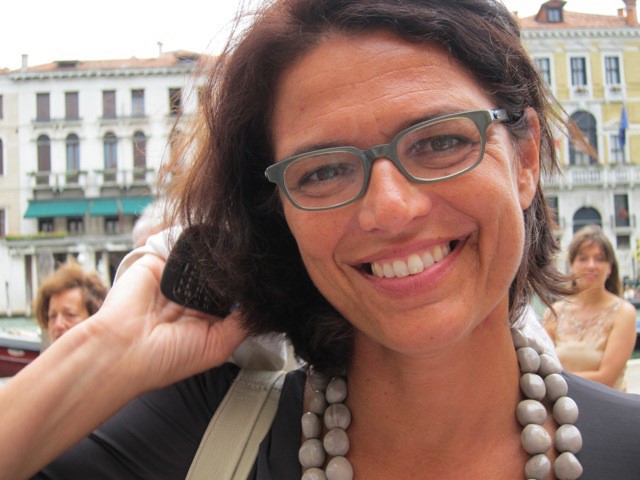About the expert
Born in Venice in 1961. She has a degree in Contemporary History at the University Ca’ Foscari of Venice (1986). Free-lance journalist since 2005. She worked at the International Centre Cities on Water in Venice – a not-for-profit association promoting studies and research on the relationship between the city and the water and, in particular, on the issue of rehabilitation of urban waterfronts at international level – from 1989, the year of its founding, until April 2013, covering for the last ten years the role of Vice director. Mainly devoted to the editorial activities of the Centre, she was responsible for its publications - Aquapolis (1992; 1996-2001) and Portus (1996-2013) - and she was editor of the Centre’s newsletter. During this experience, he developed a knowledge on research themes of the Centre, speaking at numerous conferences in Italy and abroad, in European projects and participating in publications with essays and articles. She is member of the jury of the prize ESPO - European Sea Port Organisation on Societal integration of ports in the editions 2011, 2012, 2013, 2014 and 2015, which gives recognition to the port authorities which are working for integration with the city. Now she operates as external relations office of a public company (water transports), and is a member of the Board of the Foundation River // Cities, an international network promoting the use of rivers as urban public spaces in Europe. She is also Member of the Executive Committee of the National Italian AIHV - Association Internationale pour l'Histoire du Verre and member of the Altino. Glasses of Laguna which promotes the culture of ancient and contemporary glass. Since 1989 she collaborates with local and national publications on cultural matters, urban and tourism and she is registered in the Register of Journalists Publicists of Venice since 2005.Port cities are places of transition and perpetual change. Places of exchange and encounter between goods and people, between civilizations and cultures, they maintain a 'liquid' and osmotic dimension between before and after, between inside and outside, between before and after, between near and far. They are laboratories of new relationships, both material and immaterial, where the water that distinguishes them becomes a metaphor for the infinite possibilities of knowledge.



 VENEZIA, ITALY
VENEZIA, ITALY
 FR, EN, IT
FR, EN, IT